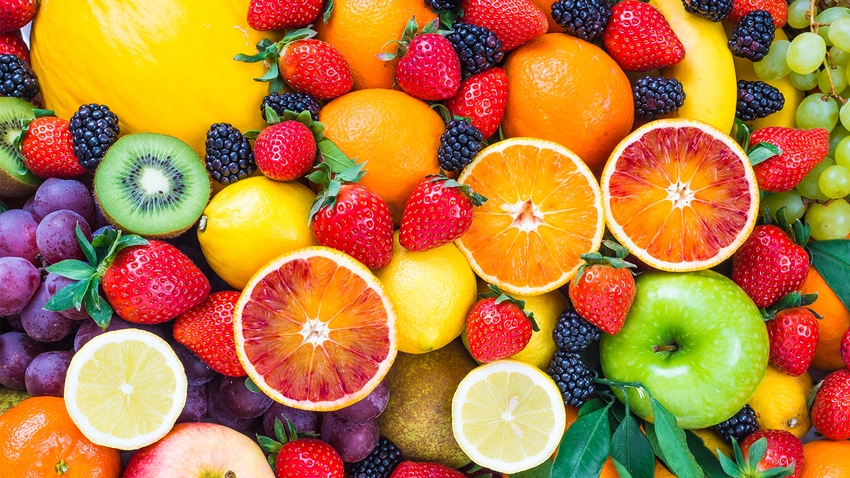Sweet proteins may reduce sugar in foods, beverages by 90%
Made via precision fermentation by Oobli, these ingredients, derived from fruits and berries found in West Africa and other equatorial environments, claim better nutrition and less environmental impact.

At a Glance
- Oobli’s natural sweet proteins, derived from West African fruits, are up to 5,000 times sweeter than sugar.
- Unlike sugar, these proteins are metabolized like regular protein, avoiding negative health impacts.
- Precision fermentation allows Oobli to produce sweet proteins at scale without relying on resource-intensive sugar farming.
Sweet proteins are derived from fruits and berries found in West Africa and other equatorial environments. They boast a sweetness 5,000 times greater than sugar, as well as the potential to reduce sugar in foods and beverages by as much as 90%.
According to Jason Ryder, founder and CTO of Oobli, the company’s line of sweet proteins are a class of proteins that deliver “a sugar-like sweetness but none of the negative health impacts.”
“Oobli’s sweet proteins are metabolized just like any other dietary protein — what makes them different is that they just happen to be sweet,” he said.
Sweet proteins are up to 5,000 times sweeter than sugar, according to Ryder. In fact, he said 1 gram of sweet protein is equivalent to about 2,000 grams of sugar. In application, Oobli has been able to reduce sugar by as much as 90%.
Oobli’s line of sweet teas, for example, have 75% less sugar than other sweetened teas on the market.
Further, to replicate the sweetness in a bottle of orange soda, which has approximately 73 grams of sugar, per Ryder, only 0.036 grams of sweet proteins would be needed.
Importantly, while sweet proteins are able to deliver a sugar-like sweetness, sweet proteins are biologically large molecules, while sugar and other sugar alternatives are small molecules.
“This is important because it means they function differently in the body,” Ryder explained. “The latter (sugar and sugar alternatives) bombards the taste receptors on the tongue, whereas sweet proteins momentarily bind to them. Because of that, most people experience a slight delayed onset of the sweetness from sweet proteins.”
Similar to other high-intensity sweeteners, Oobli’s sweet proteins can’t be used to replace the bulking role that sugar often plays in certain foods, Ryder added.
He pointed to Oobli’s chocolate bars, which slash sugar by 90% compared to traditional chocolate bars. “But because the typical chocolate bar can be made up of a whopping 50% sugar, we need to add something back in to replicate the bulking that the large amount of sugar provides,” Ryder explained. “We replicate that bulk with acacia fiber, which perfectly replicates the bulking of sugar but also adds about one-third of your daily fiber requirement per serving.”
Oobli’s sweet proteins are also produced using precision fermentation, according to Ryder.
“These plants are notoriously difficult to grow and fermentation allows us to produce sweet proteins at scale in a planet-friendly way that reduces our dependence on sugar production,” he said.
According to independent third-party lifecycle analysis reports commissioned by Oobli, the process of fermenting sweet proteins delivers a 60-90% improvement in land and water use compared to sugar and sugar alternatives.
While Oobli is a branded product line of ready-to-drink (RTD) sweetened teas, the company also produces its sweet proteins for use by CPG brands to reduce sugar in various products. Ryder said the company is actively partnering with CPG brands globally to reduce the sugar content of their sweetened foods.
About the Author(s)
You May Also Like






